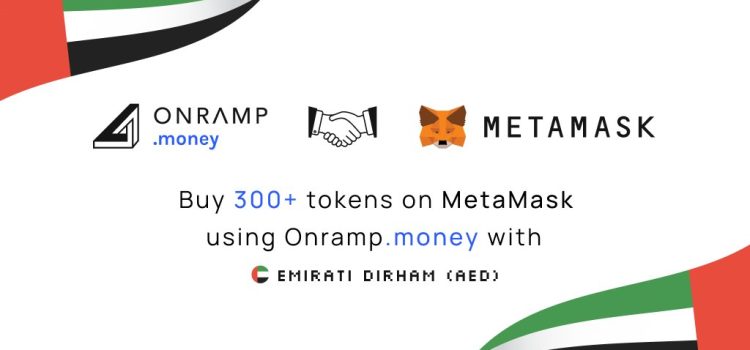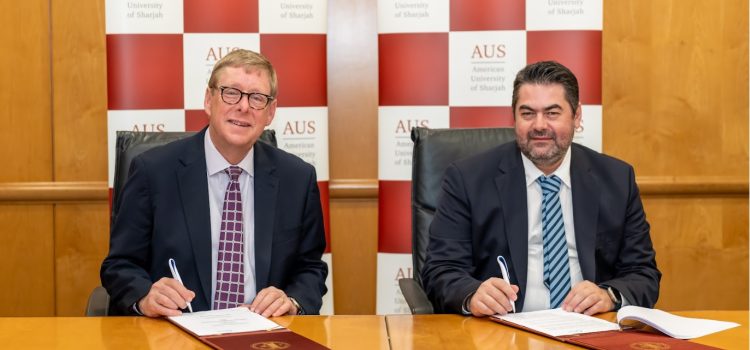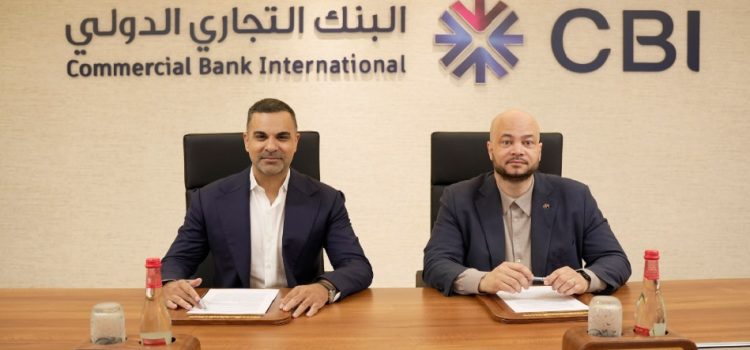
In a recent X statement, Onramp Money a provider of fiat-to-crypto onramp solutions, offering a seamless and secure way for users to trade cryptocurrencies using their fiat currencies, and self-custodial crypto wallet Metamask announced that users in the UAE can buy 300 + digital assets using the AED currency directly through Metamask.
As stated, “Breakthrough in the UAE, Now users I the UAE can buy 300+ digital assets with AED directly within metamask using OnRamp Money.”
his integration allows MetaMask users in the UAE to buy over 300 digital assets with Emirati Dirham (AED) directly through the MetaMask mobile app and Portfolio Dapp, facilitated by instant bank transfers.
As per a blog post, Onramp Money’s integration provides a seamless, fast, and secure method to access web3 and acquire tokens conveniently, without the need to navigate the complexities of centralised crypto exchanges.
The Blog post adds, “The integration with Onramp Money in MetaMask to support Emirati Dirham (AED) is a pivotal development for the cryptocurrency industry in the UAE, especially in Dubai. It signifies a major leap in making digital asset transactions more accessible, efficient, and integrated into everyday financial activities.”
This is not the first announcement that Metamask makes in an Arab country. In December 2023, MetaMask self-custody crypto wallet announced that it had partnered with several entities across the globe including Egyptian payment provider Vodafone Cash to offer new ways to onboard crypto around the world.
Metamask has currently 30 million users.


















